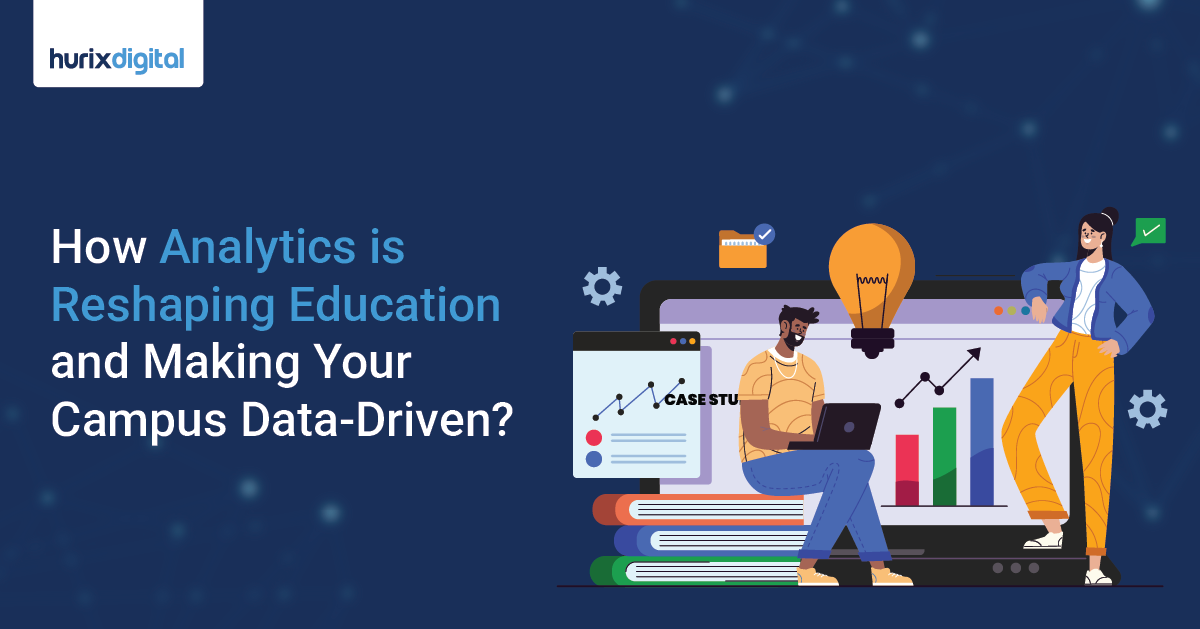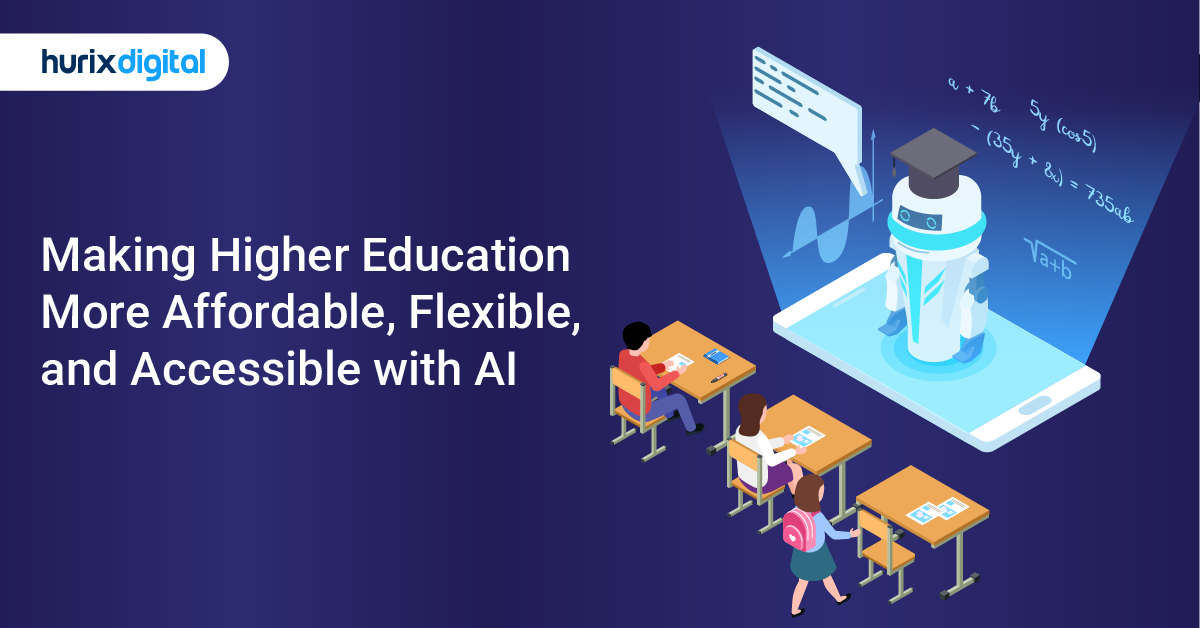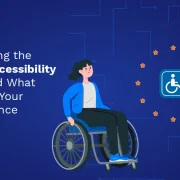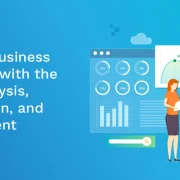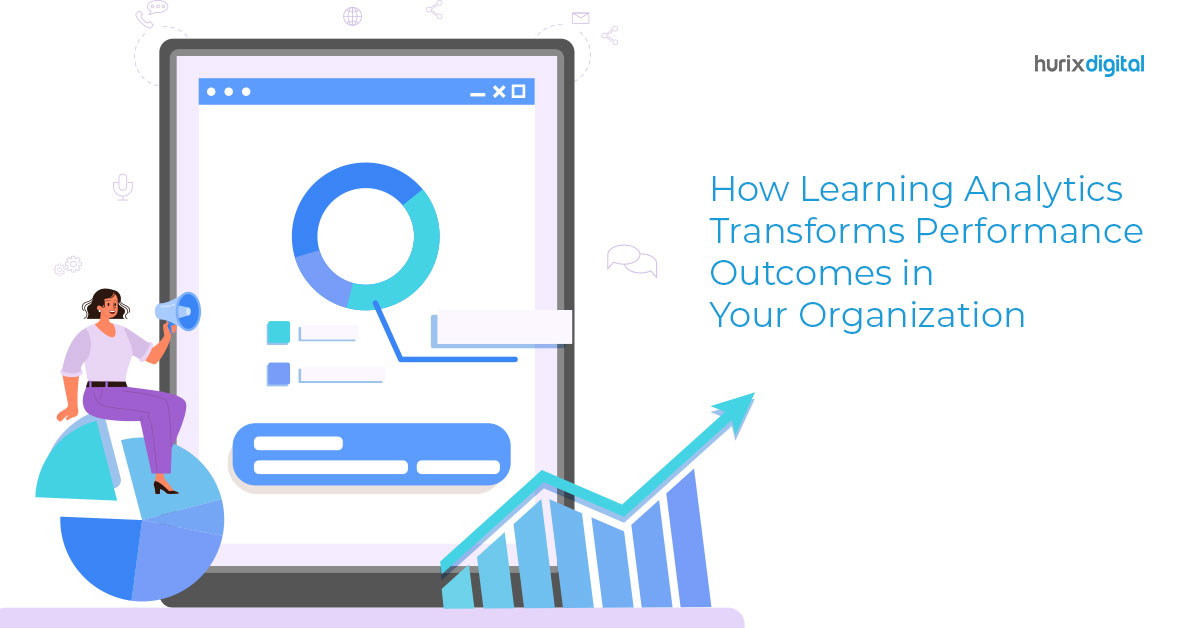
How Learning Analytics Transforms Performance Outcomes in Your Organization
Summary
This article explores how learning analytics can transform performance outcomes in your organization by providing data-driven insights to enhance training effectiveness.
In this fast-paced digital age, organizations have a wealth of data and information. When it comes to learning and development, leveraging learning analytics has become a game-changer. However, simply gathering learning analytics is not enough to improve performance outcomes. It is the ongoing analysis and utilization of these insights that holds the key to driving continuous improvement and achieving desired results. This article will delve into the importance of learning analytics, the types of analytics available, and how organizations can utilize them to transform performance outcomes.
Table of Contents:
- The Importance of Learning Analytics
- Types of Learning Analytics in Workforce Learning
- Utilizing Learning Analytics for Continuous Improvement
- Conclusion
The Importance of Learning Analytics
Learning analytics serves as a valuable resource for organizations to measure, track, and optimize the impact of their learning and development initiatives. By utilizing learning analytics, organizations can achieve the following:
- Performance Evaluation
Learning analytics provides objective measures to assess the effectiveness of learning programs, such as completion rates, knowledge retention, and competency acquisition. It enables organizations to gauge the impact of their initiatives on employee performance.
- Data-Informed Decision-Making
Learning analytics equips decision-makers with the necessary insights to make informed choices regarding learning strategies, resource allocation, and program improvements. It helps identify areas for enhancement and target interventions based on data-driven evidence.
- Personalization
Learning analytics facilitates the customization of learning experiences to cater to individual learner needs. By analyzing learner data, organizations can identify knowledge gaps and provide targeted support, thus maximizing learner engagement and performance outcomes.
Types of Learning Analytics in Workforce Learning
Analytics are generally of three types: descriptive analysis, predictive analysis, and prescriptive analysis. In the context of workforce learning & development, descriptive analytics and prescriptive analytics can be used used to continuously improve training programs.
Descriptive Analytics –
- Learner Engagement Analytics: This type of analytics focuses on measuring and understanding learner engagement with the learning content and activities. It encompasses metrics such as time spent on modules, interaction rates, and participation levels. By analyzing learner engagement data, organizations can identify patterns and trends that influence learning outcomes.
- Learning Progress Analytics: Learning progress analytics track learners’ progression through the learning program, including completion rates, assessment scores, and milestones achieved. This data provides insights into individual and group performance, enabling organizations to identify areas of improvement and provide timely interventions.
- Learning Impact Analytics: Learning impact analytics assess the impact of learning programs on employee performance and organizational outcomes. These analytics measure the application of acquired knowledge and skills in real-world scenarios, allowing organizations to gauge the effectiveness and return on investment of their learning initiatives.
Prescriptive Analytics –
- Personalized Learning Paths: Prescriptive analytics can be used to analyze learner data, including assessment scores, learning progress, and performance indicators, to recommend personalized learning paths. Based on individual strengths, weaknesses, and learning preferences, the analytics can suggest specific courses, modules, or resources that align with the learner’s needs. This approach ensures that learners receive targeted and relevant content, optimizing their learning experiences.
- Adaptive Learning Platforms: Adaptive learning platforms leverage prescriptive analytics to dynamically adjust learning content and activities based on learner performance and responses. By continuously analyzing learner interactions and outcomes, the platform can adapt the difficulty level, pace, or content sequencing to match the learner’s needs. This personalized approach ensures that learners receive tailored recommendations and interventions, enhancing their learning outcomes.
Also Read: 5 Benefits of Personalized Learning for Your Employees
Utilizing Learning Analytics for Continuous Improvement
To truly transform performance outcomes, organizations must adopt a continuous improvement approach using learning analytics. This involves:
- Regular Data Analysis
Organizations need to establish a systematic process for collecting, analyzing, and interpreting learning data on an ongoing basis. By monitoring and measuring key performance indicators, they can identify trends, patterns, and areas for improvement on an ongoing basis.
- Actionable Insights
Merely collecting data is not enough. It is crucial to derive actionable insights from learning analytics. These insights should inform decision-making and drive targeted interventions to enhance learning programs. For example, if the analytics indicate low engagement in a particular module, the organization can investigate the root causes and make necessary adjustments to improve learner participation.
- Continuous Optimization
Learning analytics should guide the iterative improvement of learning programs. Organizations can use the insights gained to make data-driven adjustments, such as updating content, modifying instructional methods, or implementing personalized learning approaches. This iterative process enables organizations to continuously optimize learning experiences and drive better performance outcomes.
Also Read: Unlock Your Data Potential: Outsourcing Learning Analytics
Conclusion
Leveraging learning analytics has the potential to transform performance outcomes in organizations. However, the mere collection of data is not enough. It is the ongoing analysis, interpretation, and utilization of learning analytics that drives meaningful change. By embracing data analytics in its true spirit, organizations can gain valuable insights, make informed decisions, and continuously improve their learning programs to achieve desired performance outcomes.
As a provider of e-learning services, Hurix Digital understands the power of learning analytics in driving performance improvement. If your organization wants to unlock the full potential of its learning data and achieve ongoing performance enhancement, reach out to us. We will put you in touch with our learning consultants who can help you leverage your learning analytics to design and implement effective learning solutions.

Performance, Results, Growth, and Life-Long Learning define my professional life. I am passionate about making workplace learning planful, purposeful, and impactful. I take pride in partnering with clients and bringing them the best in learning design and creating solutions that address business challenges.


